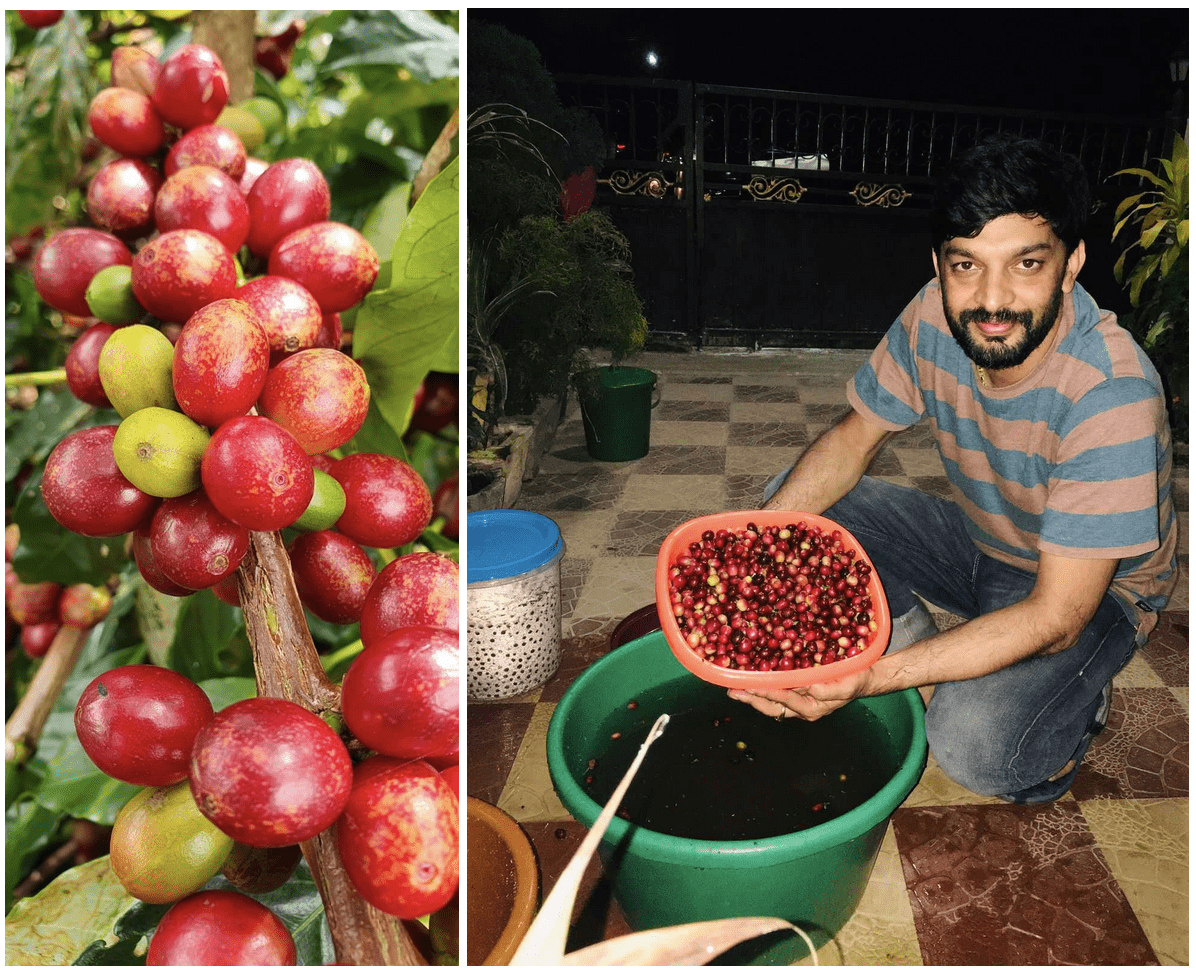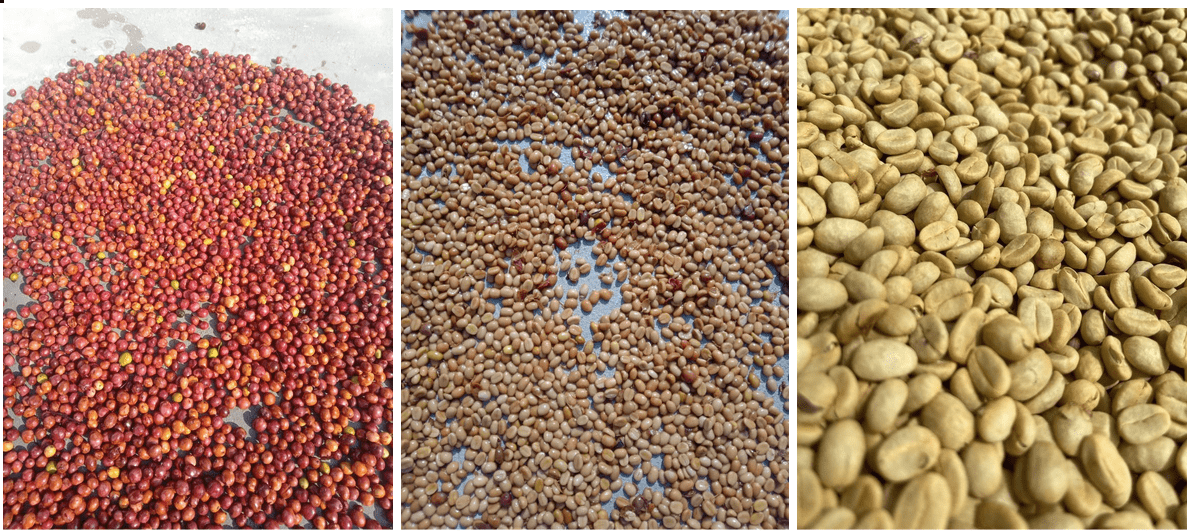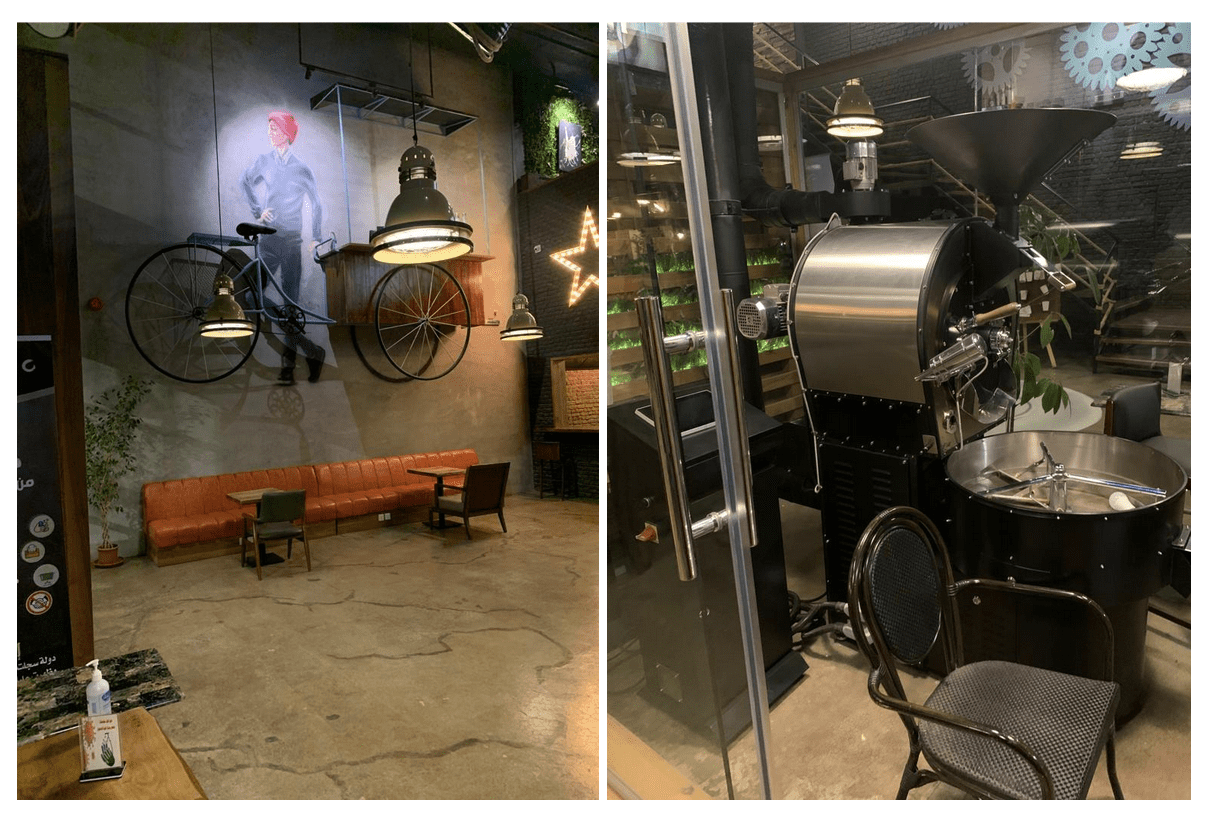Coffee culture and its evolution in the Middle East
Having worked in the coffee industry for the past few years, makes me wonder how the future of the coffee industry will look like in the region. We have all witnessed the mind-boggling growth of specialty coffee in the region and the ever evolving trends of coffee consumption in the region.
Only a few years ago, most people thought the specialty coffee phenomenon was a passing trend. However, the growth in specialty coffee continued to outpace the growth in the commercial coffees in general. And it came as no surprise that the traditional coffee chains started showcasing their specialty coffee offerings. As the competition intensified and specialty coffee became mainstream, it was normal to see the Chemexes and the V60s lined up at the counters of a large number of commercial coffee chains. This has also been a part of a worldwide phenomenon where the consumption pattern has shifted towards Organic, Vegan, Plant based foods. The Specialty coffee brewing methods are much more environment friendly, and there is a lot of emphasis on fair payments to the farmers and for their upliftment.

Mr Rupesh Uthappa picking some cherries in a farm in India

Different stages of coffee processing
However if one looks at the evolution of the coffee market in UAE and KSA, there has been a consistency. This consistency stems from the culture which has its roots from the very evolution of the coffee market in UAE and Saudi Arabia. The affinity towards coffee has its own symbols such as the coin of the UAE which is embossed with the traditional coffee maker called Dallah.
There are many legendary accounts of the evolution of coffee. Ethiopia is where as per oral traditions coffee plant was first discovered though not consumed. It was then exported out to Yemen and soon traces were found in Mecca and Medina. By the 1500s it was well spread in the Middle East region and led to the sprouting of coffee houses across the region. From the Middle East, coffee drinking spread to Italy, and then to the rest of Europe, confirming the middle east became the center of coffee in the 16th century.
The tradition continues and today vast amounts of coffee are consumed in Saudi Arabia, UAE and the rest of countries in the Middle East. Coffee is ingrained in the culture and vice versa. Conversations are built around coffee between family, and friends at Majilis, the formal place of sitting in the house. The culture permeates to date and Majlis ‘s now to be seen at cafes where discussions happen. And so does famed Arabic hospitality. Offering a coffee is the first step of this hospitality and warms up the conversation.
Presently, the younger generation is highly active and leading the way in regenerating the coffee culture in the region. During my recent visit to Buraidah, which is in Qassim, ostensibly the agri-hub of Saudi Arabia. I was bedazzled to see that the high street was filled with Specialty coffee shops. Most importantly it was run by the young Saudis who were proudly brewing their exotic Geishas, pulling espresso shots on fancy machines and the roaster forming a centerpiece of the cafe. Interestingly there was no commercial or international coffee outlet anyway near the street.

A new age Majilis(left), Roastery in action(right)
The younger generation in the region has been instrumental in propelling the specialty coffee phenomena to greater heights. A typical youngster is well travelled or has studied internationally. Furthermore as the social media penetration among the youth continues to rise, demand for homegrown and international specialty brands is expected to continue to grow as the youth enjoy their leisure time at neighbourhood cafés and micro roasters.
The Government’s initiative for localisation of jobs and increasing the share of non-oil income has resulted in more locals getting involved in private businesses. This has increased overall household incomes and spending on food and beverages outside homes. It is evident from the SAMA reports where the spend on the cafes and restaurants through the point of sale has averaged approx. SAR 1.1B per week, which equates to SAR 56B (US$15B) annually. Interestingly, according to Statista, the total coffee, and non-alcoholic beverages market in the UAE and KSA is also US $15B and has grown by ~18% as compared to previous year. A large part of the growth was driven by online delivery apps, which witnessed exponential growth in the last few years. COVID19 only accelerated the trends.
It is no surprise that more and more international as well as homegrown brands are making significant investments in the segment. Bevarabia has been quite creative in that sense and has created a vertically integrated coffee and beverages platform to offer solutions to a large number of customers, ranging from large chains to individual users.
Bevarabia saw the growing trend of micro roasters and specialty cafes, and has partnered with Mill City roasters and a few large International Green Coffee companies to cater to the demand of this new age coffee businesses. The consumer in this segment is becoming very knowledgeable with many opting for Bevarabia’s e-commerce platforms which now has become one of the largest online coffee market place in the region.

